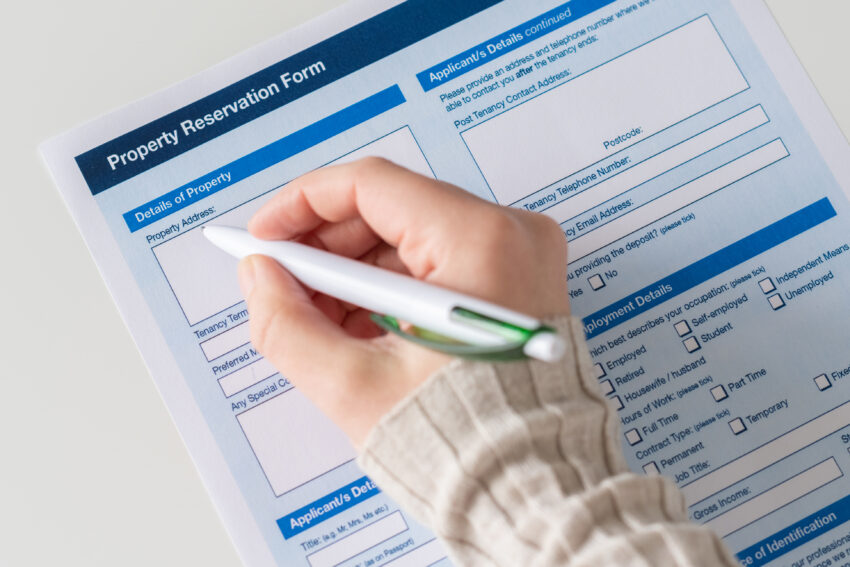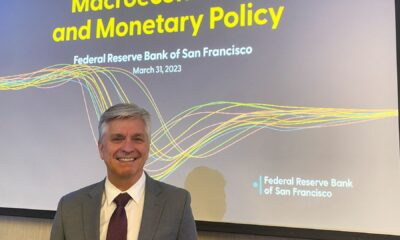Business
Universal credit tax rate hinders employment efforts

The new government must tackle the 55% effective tax rate for Universal Credit recipients if it wants to reduce unemployment.
That’s according to Robert Salter, technical director at audit, tax and business consultancy Blick Rothenberg, who highlighted the issue in light of the recent King’s Speech, in which the government pledged to focus on jobs. He stated: “While the government’s commitment to getting the unemployed and underemployed back to work is commendable, the practical implementation of this policy remains to be seen.”
Salter questioned whether the government would relax the 55% tax rate on Universal Credit, which reduces benefits when recipients work extra hours. “Given that the top income tax rate in Britain is 45%, it is unfair that Universal Credit recipients, who tend to have lower incomes, face an effective tax rate of 55%.”
He added that this high recovery rate, combined with PAYE and National Insurance contributions, is discouraging claimants from extending their working hours, counteracting efforts to combat underemployment.







